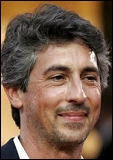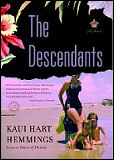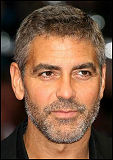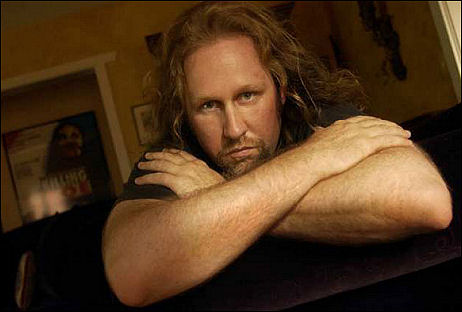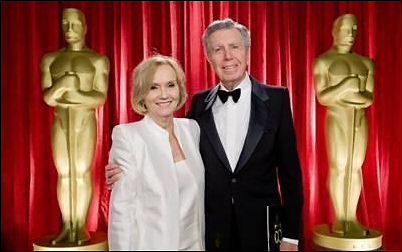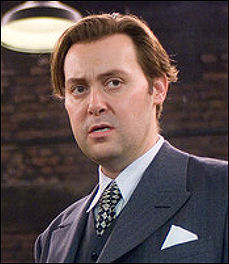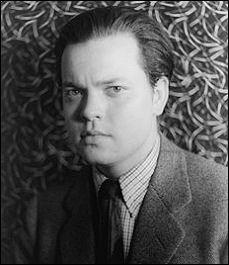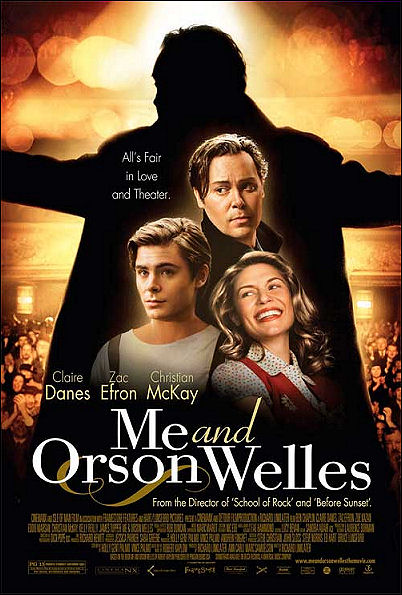If anyone has a copy of The Descendants, the Nat Faxon-Jim Rash screenplay that Alexander Payne will begin directing early next year with George Clooney in the lead role, please send along. This Hawaiian-based adaptation of the ’07 Kaui Hart Hemmings novel will be released in 2011 by Fox Searchlight.
The plot summaries I’ve read on movie sites made no sense so I’ve pasted two — one from Publisher’s Weekly, another from The New Yorker — from the book’s Amazon page.
(From Publishers Weekly): “Hemmings’ bittersweet debut novel stars besieged and wryly introspective attorney Matt King (Clooney), the land-rich descendant of Hawaiian royalty and American missionaries and entrepreneurs. He wrestles with the decision of whether to keep his swath of valuable inherited land or sell it to a real estate developer. But even more critical, Matt also has to decide whether to pull the plug on his wife, Joanie, who has been in an irreversible coma for 23 days following a boat-racing accident.
“Then Matt finds out that Joanie was having an affair with real estate broker Brian Speer, impelling him to travel with his two daughters — precocious 10-year-old Scottie and fresh-from-rehab 17-year-old Alex — from Oahu to Kauai to confront Brian. Matt finds out the truth about Joanie and Brian, which influences his decision about what to do with his family’s on-the-block land and complicates his plans for Joanie. Matt’s journey with his girls forms the emotional core of this sharply observed, frequently hilarious and intermittently heartbreaking look at a well-meaning but confused father trying to hold together his unconventional family.”
(From The New Yorker): “The narrator of this audaciously comic debut novel, the scion of the last Hawaiian landowning clan, has floated through his privileged life: marriage to a model given to ‘speedboats, motorcycles, alcoholism’; children getting into trouble (cocaine, bullying) at elite schools; membership at a century-old beach club that rejects those with ‘unfavorable pedigrees.’
“But when a catamaran accident leaves his wife in a coma he must wake from his own ‘prolonged unconsciousness,’ reacquaint himself with his neglected daughters, and track down his wife’s lover. Meanwhile, his cousins are urging him to sell the family’s vast landholdings for development — to relinquish, in his eyes, the final vestige of their native Hawaiian ancestry. Hemmings channels the voice of her befuddled middle-aged hero with virtuosity, as he teeters between acerbic and sentimental, scoffing at himself even as he grasps for redemption.”
Straight out of serious Clooney/Oscar-bait handbook. Matt King is the brother of Ryan whatsisname, the flyaway guy Clooney plays in Up In The Air.

